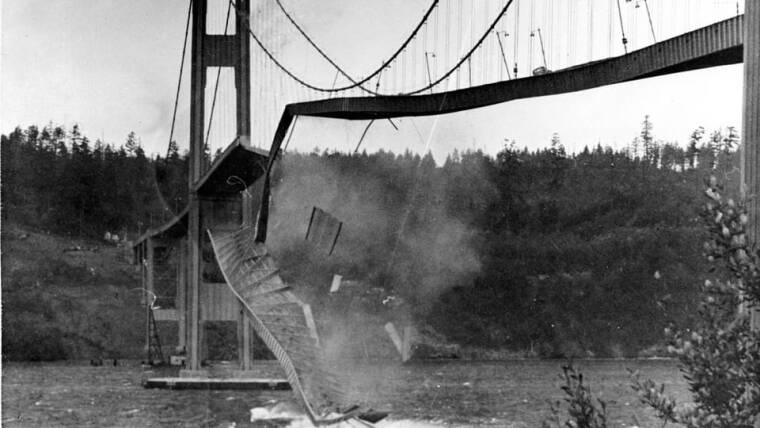Lecture: Technical Mechanics
2nd and 3rd Semester, Bachelor Degree

Module Title:
Offering Institution:
Professor/ Lecturer:
Degree Program:
Learning Goals:
Content Description – Part I:
Content Description – Part II:
Competences to be acquired:
Forms of Teaching and Learning:
Prerequisite for Participation:
Preparation for Participation in the Module – Part I:
Preparation for Participation in the Module – Part II:
Usability of the Module in other Courses:
Prerequisite for awarding Credit Points:
Number of Credit Points:
Frequency of offering the Module:
Duration of the Module: